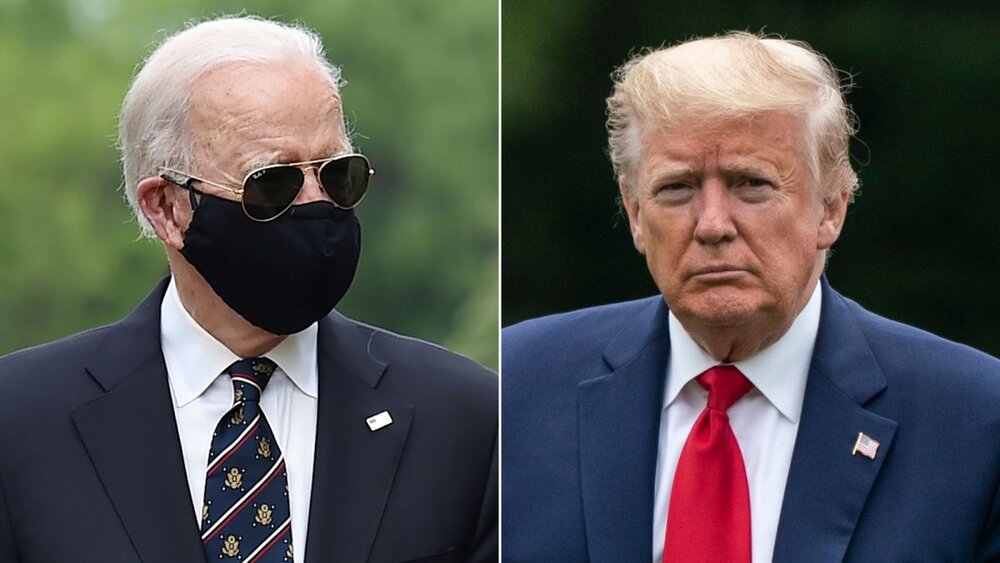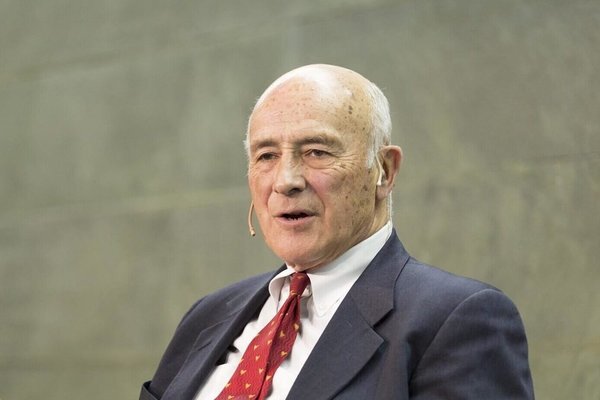2020 US Presidential Election has challenged Donald Trump and Joe Biden, two Republican and Democratic candidates in the field of foreign policy issues, including the US policy towards the West Asia (Middle East), the ways to fight against coronavirus, the immigration issues, and etc.
Due to its socio-economic consequences, coronavirus has become one of the most influential factors in determining the outcome of the US election. Donald Trump, who has repeatedly downplayed the coronavirus threat, tested positive for coronavirus. Now this question raises what positive or negative consequences Trump's positive test for coronavirus have on his campaign, and whether it changes the minds of those who have not yet decided to vote which candidate.
On the other hand, the policies of these two candidates towards the West Asia is another challenge for the United States. Trump's approach to West Asia issues is defined by his strong support for Israel regime, Saudi Arabia, Egypt, and his aggressive approach to Iran. Biden was deeply involved in changing US diplomacy and military policy in the West Asia during Obama. He will act based on his experiences in dealing with issues in Iraq, Israel regime, Syria, Iran and other West Asian countries.

To know more about the US Presidential Election, we reached out to Professor Joseph Samuel Nye, an American political scientist, and former Assistant Secretary of Defense for International Security Affairs.
Following is the text of our interview with him:
Will the result of the US 2020 Presidential Election affect the country's approach and policy in the Middle East particularly towards the JCPOA and Iran?
If Trump is re-elected, the policy is unlikely to change, but many of the people around Joe Biden thought that Trump’s withdrawal from the JCPOA was a serious mistake. Whether it can be repaired or replaced is an open question, but I would expect them to try.
Some believe the electoral votes are a challenge to US democracy. What do you think of this?
The electoral college was designed to protect the role of smaller states in a federal system, but it now greatly over-weights rural versus urban interests. That is why many people believe it should be changed. Since constitutional amendments are difficult, some people are suggesting informal means to adjust its effects.
Will Trump's positive test for coronavirus and generally his approach in facing the pandemic affect his fate in the upcoming election?
Polls showed Trump behind in the election race even before, but his infection with the coronavirus has reinforced voters attention to his weakest issue – his failure to deal successfully with the pandemic.
Why has the US been facing lots of challenges and tensions with its allies and international bodies during Trump's first term in office? How will the result of the election affect this issue?
In my new book, Do Morals Matter? Presidents and Foreign Policy from FDR to Trump, I show that Trump is the first president in seven decades to devalue the role of multilateral institutions and alliances. The results can be seen in his foreign policy as you describe. If Biden wins, he has promised to return to the mainstream of American foreign policy.
Joseph Samuel Nye Jr. is the former Dean of the John F. Kennedy School of Government at Harvard University. Nye is also a member of the American Academy of Diplomacy. He is currently (as of July 2018) University Distinguished Service Professor, Emeritus.
Interview by Zahra Mirzafarjouyan


























Your Comment